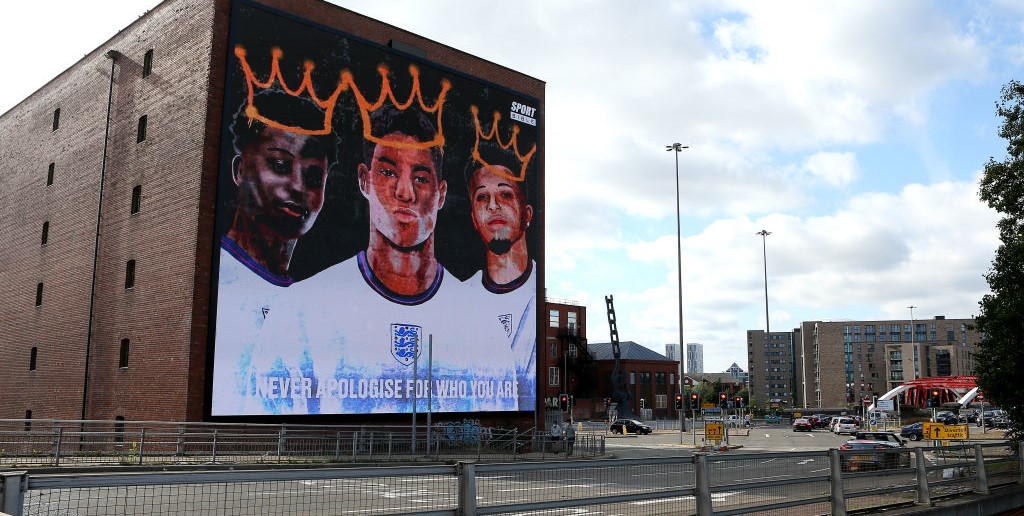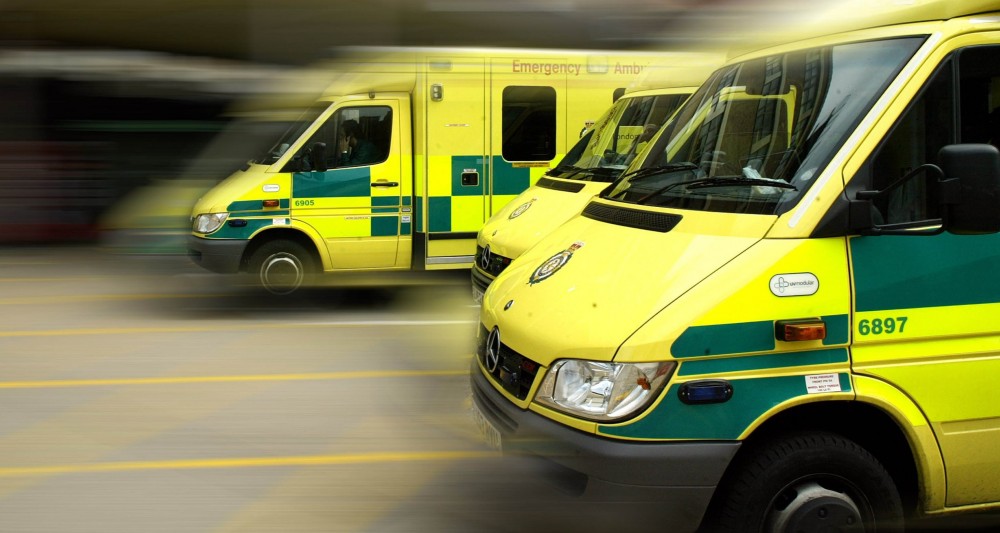‘Being you is not a crime’
Neo Nazis have plastered lampposts in Hull with far right stickers, in the latest in a number of racist incidents across Britain since the EU referendum.
The stickers, which despite being removed by police last week keep being reapplied, feature Swastikas and slogans including “close the borders, start repatriation” and have been posted on more than a dozen lampposts in a multicultural area in the west of the city. Many of the stickers mention the violent far-right group Combat 18.
Hate crime in Hull doubled in the week after the June referendum, Humberside Police figures show. Between June 24 and June 30, 14 hate crimes were reported to police, up from eight the week before. During the same seven day period in 2015 there were just two hate crimes recorded. Nationally, there was a 57 percent rise in hate crime in the days directly after the Brexit vote.
In response Humberside Police have launched the â€Being you is not a crime’ campaign urging hate crime victims, who often do not report the incidents, to come forward.
Sergeant Chris Swaby, responsible for dealing with hate crime at Humberside Police, told the Hull Daily Mail recent events had influenced the increase in public racism.
He said, “You can put down some of the increase in these crimes to events such as the EU referendum and the recent terrorist attacks.
“Certainly, we had reports of people going into shops run by ethnic groups the day after the referendum and asking them when they were leaving as they had voted them out. That is the small-minded mentality we often deal with.”
National Police Chiefs’ Council (NPCC) statistics show that 3,192 hate crimes were reported in England, Wales and Northern Ireland between June 16 and June 30 – a 42 percent increase compared to the same two week period the year before. Hate crime rates across the nation have also remained higher than normal throughout the summer.
‘Grim situation’
The post-referendum situation across Yorkshire is “grim” said Hope Not Hate regional organiser, Nick Stevens, pointing to a bomb threat against a mosque in Rotherham, an attack on a Polish shopkeeper in Leeds and increased far-right campaigning in Castleford.
However, Stevens was careful to acknowledge that the EU vote did not create more racists, rather the inflammatory language surrounding the debate has led some people to believe their shameful views are now acceptable.
To help tackle the issue Hope Not Hate have launched the “More in common” campaign – named in reference to murdered MP Jo Cox’s maiden Parliament speech. The Labour Batley and Spen MP, renowned for her compassion and dedication to equal rights and social justice, was shot and stabbed on June 16 while attending a constituency surgery in Birstall, West Yorkshire.
“(The rise in hate crime and racist incidents) is one of the things we’ve been trying to tackle head on since the referendum result,” Stevens said. “We’re showing solidarity with communities coming under attack and trying to paint a more positive picture of Britain.
“Although it seems really bleak, and it has been, it’s not true to say there are now more racists in Britain. It’s just that the people who already held those attitudes feel vindicated to air them in a public space.”
Hope Not Hate and Unite Community have worked together on cohesion initiatives in Yorkshire and are planning more in the future, said Stevens.
“Unite are really supportive of what we do and work with us to help build communities that are resilient to the politics of hate,” Stevens added.
 Like
Like Follow
Follow


